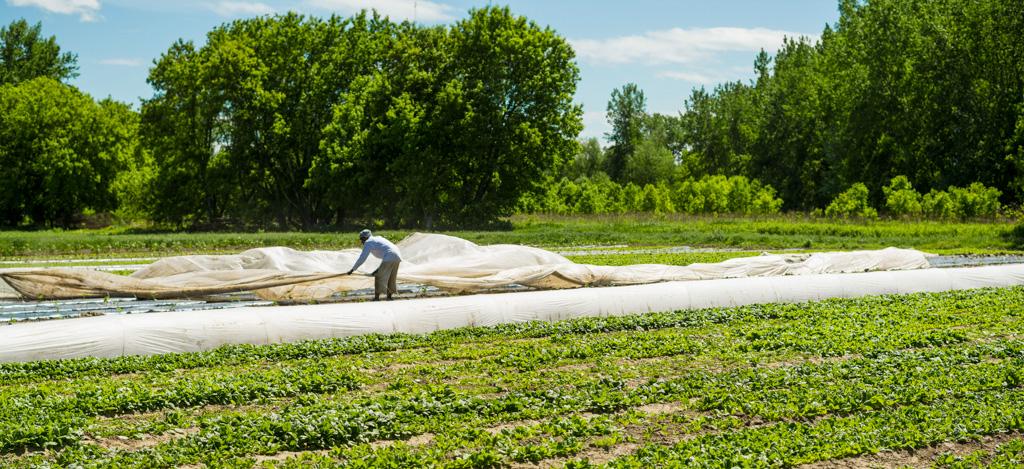 Remember “Pork. The Other White Meat” or “The Incredible Edible Egg” or “Beef: It’s What’s For Dinner”? These memorable but oddly ambiguous ad campaigns were funded by commodity research and promotion programs, or what are more commonly known as “check-off” programs. The goal of such programs is to increase demand for a specific commodity through producer-funded marketing. Generally, the way check-off programs work is that producers of specific commodities, like pork, or eggs, or peanuts, pay a set amount into a central coffer, either voluntarily or mandatorily. The producer group then uses those collective funds to promote its specific commodity and, hopefully, increase demand.
Remember “Pork. The Other White Meat” or “The Incredible Edible Egg” or “Beef: It’s What’s For Dinner”? These memorable but oddly ambiguous ad campaigns were funded by commodity research and promotion programs, or what are more commonly known as “check-off” programs. The goal of such programs is to increase demand for a specific commodity through producer-funded marketing. Generally, the way check-off programs work is that producers of specific commodities, like pork, or eggs, or peanuts, pay a set amount into a central coffer, either voluntarily or mandatorily. The producer group then uses those collective funds to promote its specific commodity and, hopefully, increase demand.
In January of 2017, the USDA released a proposal originally developed by the Organic Trade Association (OTA) for a multi-commodity organic check-off program. The proposed check-off program, called GRO Organic (Generic Research & Promotion Order for Organic), would be the first of its kind in that it would collect assessments not from producers of one specific commodity (e.g. cotton) but from farmers and processors across the $43 billion organic industry, including those who import organic products into the U.S. from other countries.
Here’s how the proposed program would work: Any certified organic producer or processor with gross sales of over $250,000 in the prior year would be required to participate and pay one-tenth of one percent (0.001) of net organic sales into the program. Importers bringing in over $250,000 worth of organic products would be required to pay the same percentage. Certified organic producers and processors grossing less than $250,000 would not be required to participate, but could opt in voluntarily. The Governing Board would include 8 producers, 7 processors, 1 handler, and one non-voting member of the public. The funds would be allocated as follows: no less than 25% to research, 25% to information, 25% to promotion, and 25% discretionary, with no more than 15% used for administrative costs.
Supporters of the proposed organic check-off, including OTA, believe it will begin to close the substantial gap between the domestic supply of organic food and consistently increasing consumer demand. One way this could be accomplished, supporters say, is by funding research to help make organic farms more efficient, more productive, and more profitable. Another goal of the program is to educate consumers about what really goes into organic production, therefore continuing to increase awareness and demand for organic products.
While few in the organic community would disagree with these objectives, support for the proposed check-off program is far from universal. Many organic producer groups are concerned that small or mid-sized producers will be less able to serve on the Governing Board, given the challenges and costs of time away from the farm. Since producers grossing under $250,000 are not required to pay in, there’s related concerns that their interests won’t be fully represented, which is problematic because about 60% of organic operations fall under that threshold. In terms of promotion, the fact that the program will be housed at USDA means marketing efforts are somewhat restricted and cannot disparage other types of agriculture in highlighting the benefits of organic. Furthermore, some are concerned that the program will increase imports rather than domestic supply, decreasing prices and putting U.S. producers at a competitive disadvantage.
USDA is accepting comments on both the referendum process for the check-off program and the program itself until April 19th. You can submit your own comments at Regulations.gov (search for “Organic Research, Promotion, and Information Order”) or email [email protected] to share your thoughts or questions.
Want more information? Check out these other resources on the proposed Organic Check-off program:

